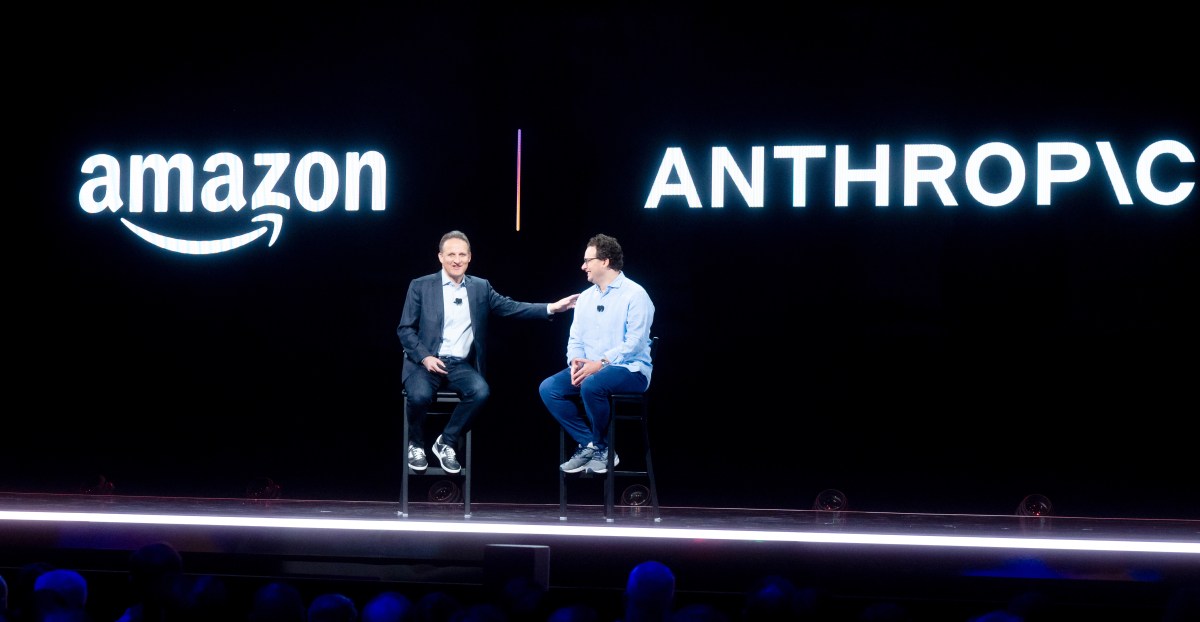The best clue might come from a 2022 paper written by the Anthropic team back when their startup was just a year old. They warned that the incentives in the AI industry — think profit and prestige — will push companies to “deploy large generative models despite high uncertainty about the full extent of what these models are capable of.” They argued that, if we want safe AI, the industry’s underlying incentive structure needs to change.
Well, at three years old, Anthropic is now the age of a toddler, and it’s experiencing many of the same growing pains that afflicted its older sibling OpenAI. In some ways, they’re the same tensions that have plagued all Silicon Valley tech startups that start out with a “don’t be evil” philosophy. Now, though, the tensions are turbocharged.
An AI company may want to build safe systems, but in such a hype-filled industry, it faces enormous pressure to be first out of the gate. The company needs to pull in investors to supply the gargantuan sums of money needed to build top AI models, and to do that, it needs to satisfy them by showing a path to huge profits. Oh, and the stakes — should the tech go wrong — are much higher than with almost any previous technology.
So a company like Anthropic has to wrestle with deep internal contradictions, and ultimately faces an existential question: Is it even possible to run an AI company that advances the state of the art while also truly prioritizing ethics and safety?
“I don’t think it’s possible,” futurist Amy Webb, the CEO of the Future Today Institute, told me a few months ago.



I’m expecting that everything that the statistical models reveal or make convincing results about which benefit the owners of the models will be exploited. Anything that threatens power or the model owners will be largely ignored and dismissed.